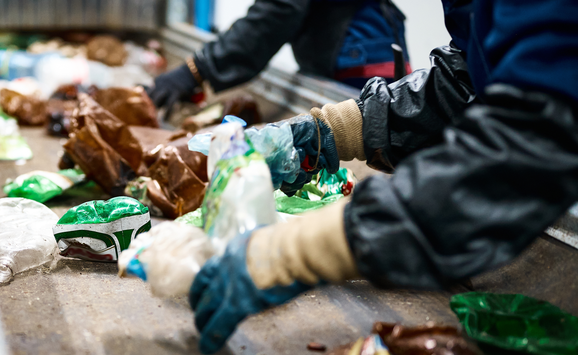|
The ability of states to collaborate with federal regulators to oversee agricultural biotechnology and address the unique issues the technology raises at the local level varies state-to-state, according to a new report prepared by researchers at Resources for the Future and released by the Pew Initiative on Food and Biotechnology. A consistent concern among many stakeholders, however, is whether state governments have the critical tools they need -- including proper legal authority, financial resources and trained staff -- to play their oversight role. The report, titled Tending the Fields: State & Federal Roles In the Oversight of Genetically Modified Crops is prepared by Michael R. Taylor, Jody S. Tick and Diane M. Sherman of Resources for the Future to provide a national overview of the federal-state relationship in the oversight of genetically modified crops. The report is based on targeted data collected from 17 states and includes an analysis of 78 survey responses and interviews with biotech stakeholders across the country; along with vignettes intended to illuminate how some of these states are handling specific policy and process issues. No policy recommendations were included in the report. |
|
| Key findings of the report include: | ||
|
||
|
||
|
||
|
||
|
||
| "The regulatory system for agricultural biotechnology is dependent on state and federal regulators playing a complementary and collaborative role," noted Michael R. Taylor, key author of the report and Senior Fellow at Resources for the Future. "The diverse levels of preparedness of states reflected in this report suggests that the federal-state partnership needs to be reviewed and strengthened to ensure that states have the resources they need to be full partners with federal regulators and to enable them to respond to unique local concerns."
Tending the Fields: State & Federal Roles In the Oversight of Genetically Modified Crops is the third report RFF has prepared for the Pew Initiative on Food and Biotechnology and the first analyzing state level issues.
For more information on biotechnology at the state level, visit the Pew Initiative on Food and Biotechnology's website. |
|
|







